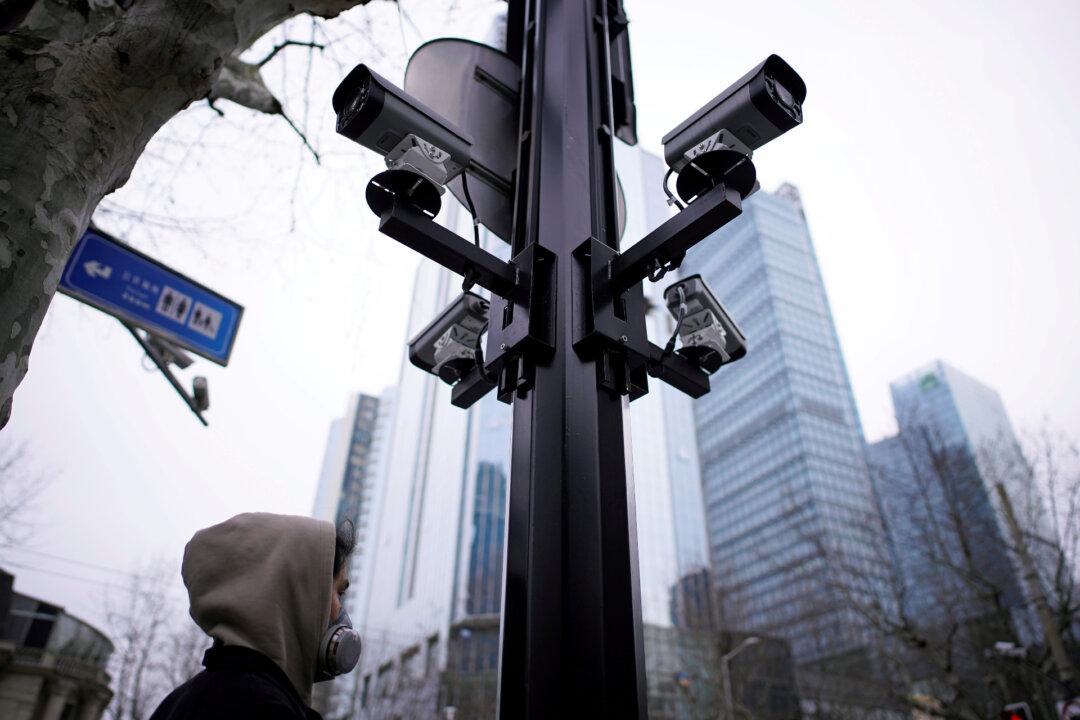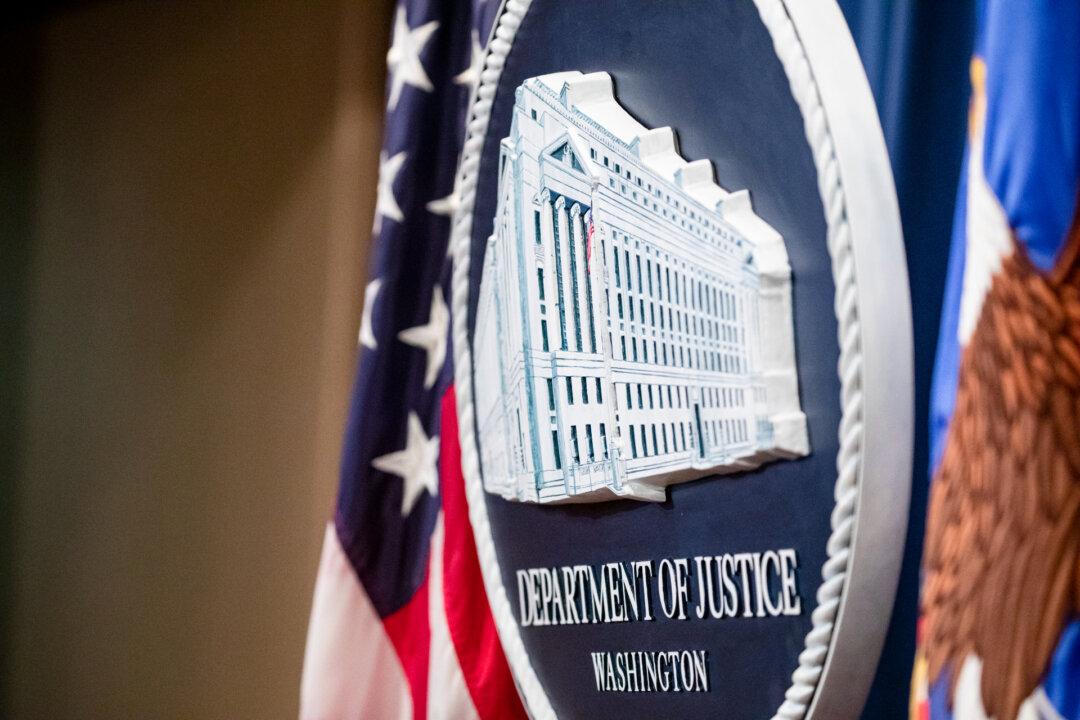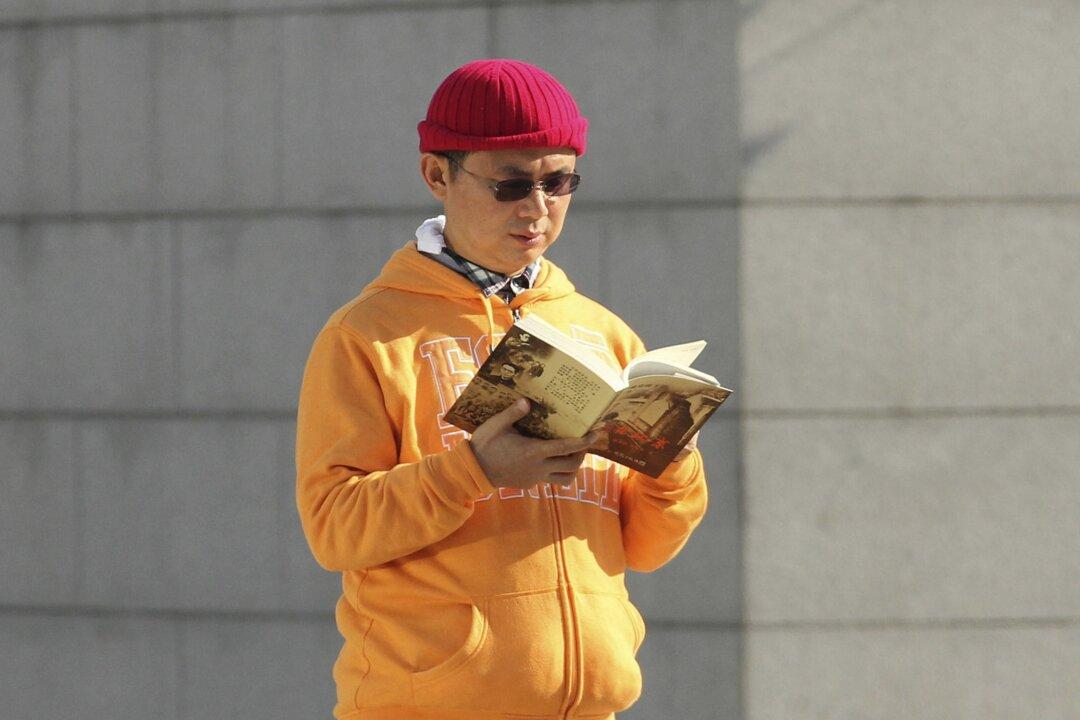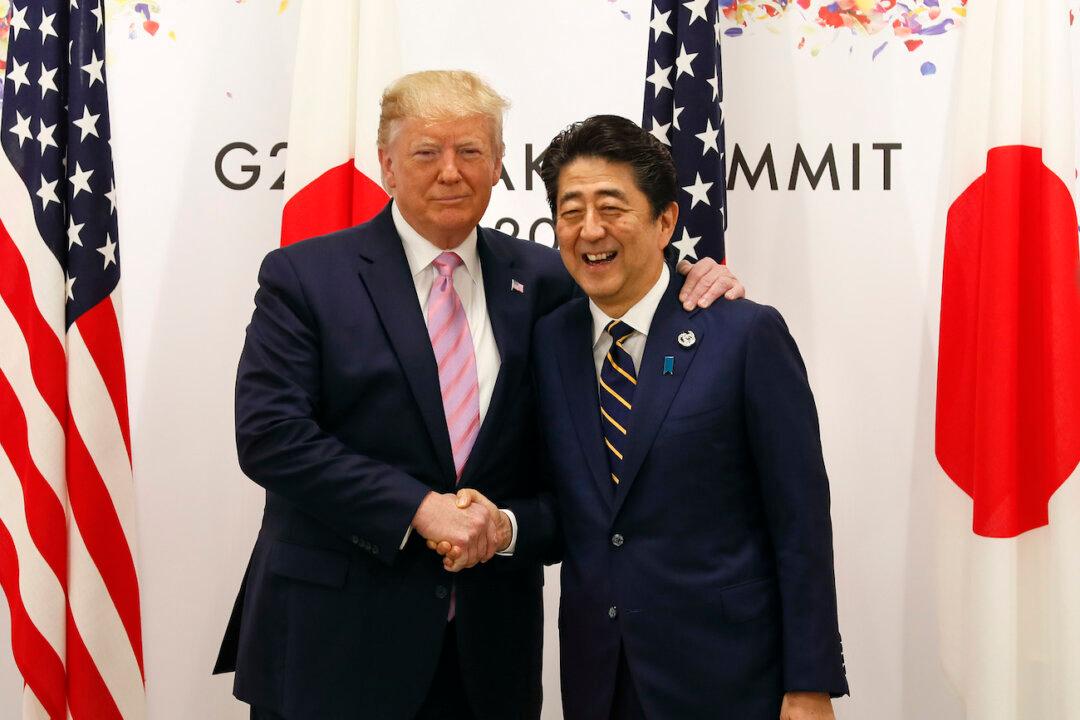Shanghai’s revised rules on population management sparked uproar online, which requested visitors to register their personal and dwelling information if they stay in the megacity for more than 24 hours. Analysts say that the new move would spread to other big Chinese cities to tighten the CCP’s grip over public migration.
On April 1, Shanghai authorities rolled out an update to its provisions on inhabitants, asking short-term visitors who stay more than 24 hours for the purpose of medical treatment, study, travel, business, etc., except day-trippers to register.





